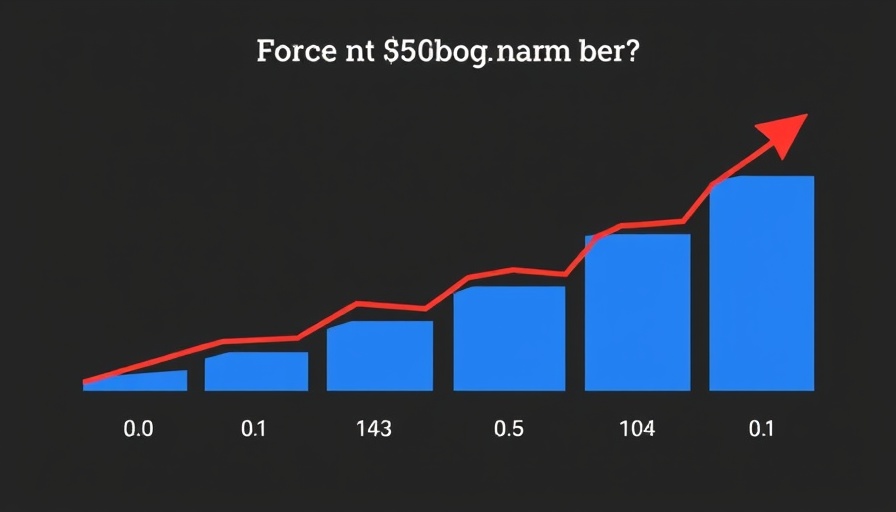
Understanding Google's &num= Parameter Change
In September 2025, the SEO landscape shifted significantly with the removal of Google's widely utilized &num= parameter. This change impacted virtually every SEO tool reliant on scraped search results, such as Moz Pro, which had long standardized on &num=50, allowing users to see 50 results in a single scrape. The removal of this parameter forces tools to adapt their methods, often leading to increased costs and potential inefficiencies in data collection.
The Importance of SERP Data for Small Businesses
For small and medium-sized businesses (SMBs), understanding search engine results pages (SERPs) and their fluctuations is key. Although major shifts tend to draw attention, it is the nuanced changes that impact local businesses, often competing for visibility in a crowded market. With only the first two pages typically yielding substantial traffic, tracking these rankings is essential for maintaining a competitive edge.
Impact on Cost and Data Integrity
The recent changes mean SEO tools like Moz will now report only the first two pages of results. This reduction not only impacts how businesses track their performance but also how much they may end up paying for these tools. The stitching approach, which merges paginated results into a longer set, might provide more data but at a higher operational cost. Customers might have to adjust budgets accordingly, emphasizing the need for transparency from SEO platforms regarding data costs.
Opportunities for Adaptability in SEO Strategies
Despite the challenges, there lies an opportunity for businesses to be proactive in refining their SEO strategies. By focusing on content quality, local engagement, and effective keyword targeting, small businesses can continue to thrive even amid these changes. Recognizing shifted consumer behaviors towards first-page search results will allow businesses to capitalize on their strengths and garner attention in their specific sectors.
The Increasing Role of Advanced SEO Tools
As search engine algorithms evolve with each update, so must the tools we use to navigate them. Platforms like Moz and seoClarity are pivoting to adapt to these changes. While Moz moves to hybrid tracking methods, tools like seoClarity have engineered their platforms anticipating such disruptions. For SMBs, leveraging platforms that prioritize resilience and flexibility will be crucial in ongoing SEO efforts.
Looking to the Future of SEO
As the fabric of online search continually frays and rewoven with updates and algorithm modifications, the future promises to be dynamic. Small businesses would benefit from cultivating flexibility in their SEO plans—this could mean utilizing both analytical tools and focusing on developing unique content that speaks to their audience’s needs.
In an age where AI is becoming increasingly significant in determining content visibility, understanding the intricacies of search algorithms will empower businesses to adapt. The &num= parameter change serves as a reminder that SEO is a marathon, not a sprint, necessitating continual adaptation.
Call to Action
For small and medium business owners, staying informed about changes in SEO is key. Now is the time to review your current strategies and consider learning more about how SEO impacts your visibility online. Seek guidance, explore new tools, and ensure your business can keep up with the changing tide of search.
 Add Row
Add Row  Add
Add 



Write A Comment